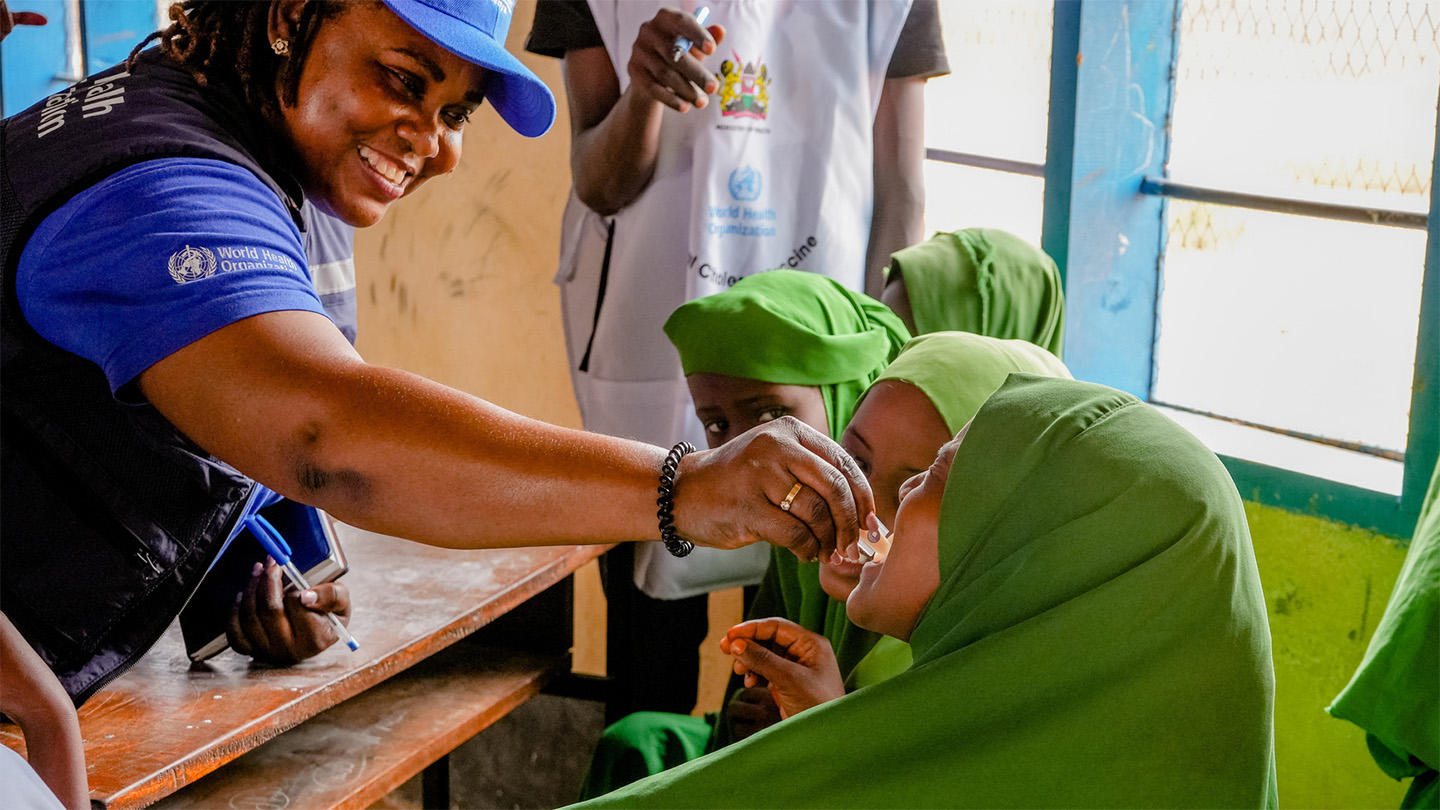World Health Warfare: Inside Trump's Dramatic WHO Divorce

In a potential blow to global health efforts, President Trump's decision to withdraw the United States from the World Health Organization (WHO) could have far-reaching consequences that extend well beyond political posturing. Health experts are sounding the alarm about the critical implications of this move, warning that it may critically undermine international public health infrastructure and significantly limit America's access to vital global health intelligence.
The impending withdrawal threatens to create a dangerous vacuum in global health coordination, potentially reducing crucial funding streams that support critical disease prevention, pandemic response, and medical research in vulnerable regions around the world. By stepping back from the WHO, the United States risks diminishing its own strategic health intelligence capabilities while simultaneously weakening the global community's ability to respond effectively to emerging health threats.
Prominent public health professionals argue that the withdrawal could compromise the United States' ability to track and respond to international health emergencies, including potential future pandemics. The move may also undercut years of collaborative scientific research and international health monitoring efforts that have been instrumental in combating global health challenges.
As the withdrawal approaches, the potential ripple effects are causing significant concern among medical professionals, diplomats, and global health strategists who view international cooperation as essential in addressing complex health challenges that do not respect national boundaries.

